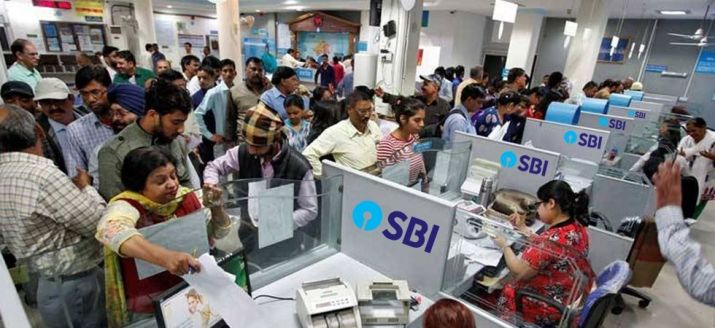Budget 2020: There's bad news for taxpayers as Economic Survey 2019-2020 report makes an alarming revelation. According to the Economic Survey, in 2019, taxpayers' total money invested in public Sector Banks (Sarkari banks) by the government has suffered a massive loss.
Over Rs, 4,30,000 crore of taxpayers’ money is invested in PSBs as Government’s equity. The report said that on an average, every rupee invested in PSBs suffered a loss of Rs 23 paise, according to Economic Survey report released on January 31, a day before the presentation of Union Budget for FY 2020-21.Even if we consider Rs 4,30,000 crore as the taxpayers’ total money in PSBs, the total value of loss in one year would be a massive Rs 98,900 crore, report says.
“Over Rs 4,30,000 crores of taxpayer money is invested as Government’s equity in PSBs. In 2019, every rupee of taxpayer money invested in PSBs, on average, lost 23 paise,” Economic Survey 2019-20 says.
Compared to this, every rupee of investor money invested in 'New Private Banks' (NPBs) - banks licensed after India's 1991 liberalisation - on average, gained 9.6 paise, the Economic Survey report says.
This means PSBs are far more inefficient compared to private banks and hence they need to catch up fast.
“As PSBs and NPBs operate in the same domestic market, there is a case for enhancing the efficiency of PSBs,” the report says.
However, in 2019, PSBs' collective losses - largely due to bad loans - amounted to over Rs 66,000 crore, or nearly double of the nation's budgetary allocation for education.
The Economic Survey report also highlighted that “the foregone return on the taxpayer’s investment in PSBs must rank as one of the largest subsidies as the foregone amount of over Rs 1.4 lakh crores compares similarly to the amount provided for the food subsidy.”
On “What is the overall value that the taxpayer derives from her investment in PSBs?”, the Survey says, ” For this purpose, we use the ratio of stock market-to-book value of PSBs on average vis-à-vis that of new private sector banks (NPBs). As on 20th January 2020, we note that every rupee of this taxpayer money fetches a market value of 71 paise. In stark contrast, every rupee invested in NPBs fetches a market value of Rs 3.70 i.e., more than five times as much value as that of a rupee invested in PSBs.”
“Conversely, inefficient PSBs can severely handicap the country’s ability to exploit the unique opportunities she can utilize today. The result could be a generational setback to the country’s economic growth,” the Survey concludes.
'The market-to-book ratio, which indicates the quality of a bank's governance, is 0.8 as on 20th January 2020 for PSBs while that of the average NPB is close to 4,' the Economic Survey said.
The Survey noted that structural solutions are necessary to enable PSBs to become efficient and thereby catalyse the banking sector and stimulate economic growth.
Also Read: 7th Pay Commission: What Central govt employees expect from Budget 2020
Also Read: Budget 2020: 5 Tips that will help you stay ahead in understanding budget

